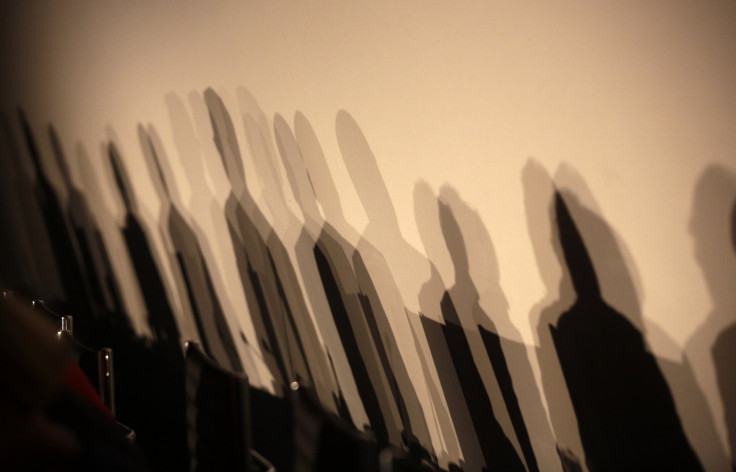Google 'Right To Be Forgotten' Censors Flattering 2009 Dan Roach Article In British Newspaper

An English newspaper editor is trying to appeal a recent ruling that forced the paper to take down a 2009 article about painter Dan Roach, claiming the artist took advantage of the controversial “right to be forgotten” policy. Media watchdogs have feared that forcing Google to remove specific links out of privacy concerns would make it possible for individuals to censor the public’s right to know.
The Worcester News announced last week that Google Inc. (NASDAQ:GOOGL) informed the editors that the search engine would remove all links to a 5-year-old article about Roach to comply with the European court's "right to be forgotten" policy. Roach was the subject of a positive 2009 article that highlighted his earning a scholarship from the University of Worcester and included a picture of Roach standing in front of some of his then-current artwork, which he now considers to be beneath his reputation.
Google said last week it has received 120,000 requests to remove links from search results since the May court decision that aimed to give an individual the ability to “determine the development of his life in an autonomous way, without being perpetually or periodically stigmatized as a consequence of a specific action performed in the past.” Regulators praised the ruling at the time, saying it would help people haunted by past mistakes live in peace, while skeptics warned that the decision’s goal would ultimately be subverted.
The company does not reveal who requests links to be stricken from search results, although Worcester News Editor Peter John told the Guardian that, in this case, Roach had previously contacted the paper asking for the picture to be taken down.
“Since 2009, when the story and photograph originally appeared in the Worcester News, my paintings have developed; the work depicted in the 2009 article bears little resemblance to the paintings I’m now making,” the artist said. “The popularity and high traffic of the Worcester News website meant that a search on Google would bring up an outdated image as the first item, which in turn meant that anyone researching my work may view it with an outdated perspective.”
John, the editor, decided to run the 2009 image in the paper again and said the paper has tried to file an appeal with Google, only to have trouble determining if the giant search engine has an appeals process.
“An artist wanting to remove part of his back catalogue did not strike us as the sort of principle that the European court of justice had in mind when it came up with the right to be forgotten ruling,” he told the Guardian. “Nor did we think that artists could argue that their previous work was irrelevant. Would Google remove early Hirsts or Monets on request?”
© Copyright IBTimes 2025. All rights reserved.



















